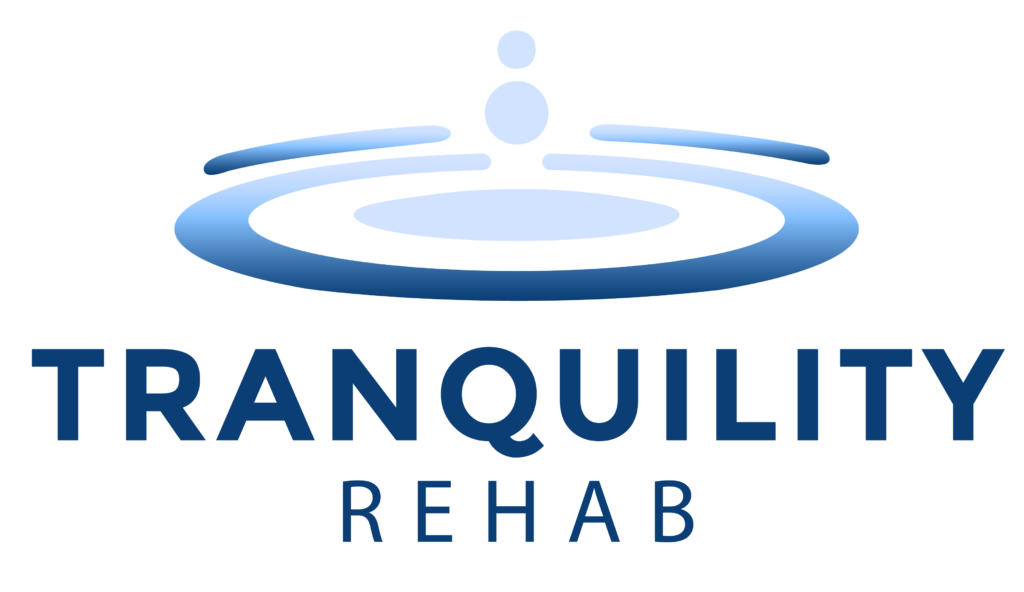Staying committed to sobriety is a lifelong journey that requires consistent effort, self-awareness, and a strong support system. For those who have struggled with addiction, the path to sobriety can feel daunting. But with the right tools and mindset, maintaining sobriety is not only possible—it can lead to a more fulfilling, healthier life.
Whether you’ve been sober for a few weeks or several years, staying committed to your sobriety is crucial for long-term recovery. This post will outline key strategies that can help you stay focused and dedicated to your sobriety, no matter the challenges that come your way.
1. Establish Clear Reasons for Sobriety
One of the most important steps in staying committed to sobriety is having a clear understanding of why you made the decision to quit in the first place. For some, it may be to improve health, rebuild relationships, or regain control over their life. These reasons will serve as your anchor when things get tough.
- Write them down: Keep a journal or a list of your reasons for getting sober. Refer to it when you feel tempted or uncertain. Reminding yourself of the positive changes sobriety can bring will strengthen your resolve.
- Visualize the future: Imagine where you want to be in the next year or five years—whether it’s having healthier relationships, achieving personal goals, or simply feeling more at peace with yourself. Visualizing these goals can help you stay motivated.
2. Set Realistic and Achievable Goals
Sobriety is a process, not a destination. Setting small, manageable goals helps keep you motivated and allows you to celebrate milestones along the way. This could mean committing to a day, a week, a month, or even a year of sobriety—each one is a victory in itself.
- Focus on the present: Instead of overwhelming yourself with the idea of forever, concentrate on staying sober for today. Breaking down the journey into smaller, more achievable segments makes the process feel less daunting and more doable.
- Track your progress: Keep a journal or sobriety app to track your progress. Celebrate each day, week, and month sober. Recognizing your progress reinforces your commitment and provides a sense of accomplishment.
3. Build a Strong Support System
No one stays sober alone. Building a strong, supportive network of friends, family, and peers is critical to long-term sobriety. Whether it’s through a 12-step program, therapy, or other support groups, surrounding yourself with people who understand your struggles and support your goals can make all the difference.
- Attend meetings: Support groups like Alcoholics Anonymous (AA), Narcotics Anonymous (NA), or SMART Recovery offer valuable peer support and accountability. Regular attendance can provide a sense of belonging and a place where you can share experiences and challenges with others who are walking the same path.
- Seek professional help: Therapy or counseling can provide additional support, helping you uncover any underlying emotional issues that may contribute to your addiction. A therapist or counselor can also teach you coping strategies to manage triggers and cravings.
- Connect with loved ones: Share your journey with trusted friends and family. Let them know how they can help you stay sober and what kind of support you need. A simple check-in from a supportive person can help you feel connected and grounded.
4. Develop Healthy Coping Mechanisms
One of the key challenges of staying sober is learning how to cope with stress, anxiety, and other emotions without turning to substances. Developing healthy coping mechanisms is essential to staying committed to your sobriety. These tools will help you deal with life’s inevitable ups and downs in a way that supports your recovery.
- Exercise: Physical activity is a great way to relieve stress and boost your mood. Whether it’s running, yoga, or even a daily walk, exercise releases endorphins that help improve mental health and reduce cravings.
- Practice mindfulness: Meditation, deep breathing exercises, and mindfulness practices can help you stay grounded and manage stress without resorting to substances. These techniques help you stay present in the moment and can reduce the impact of cravings.
- Engage in hobbies: Finding activities that bring you joy—whether it’s painting, cooking, gardening, or volunteering—can keep your mind occupied and reduce the temptation to drink or use drugs. Engaging in positive, fulfilling activities can also help you rediscover passions and build a sense of purpose.
5. Avoid Triggers and Temptations
Staying sober means avoiding people, places, and situations that may tempt you to drink or use drugs. Identifying and distancing yourself from these triggers is an important part of maintaining your commitment to sobriety.
- Identify your triggers: Pay attention to situations that make you want to relapse—stressful environments, social events, or certain people—and develop a strategy to avoid or handle them. This could mean turning down invitations to places where alcohol or drugs are present or practicing how to politely decline drinks when offered.
- Create a sober environment: Make your home and personal space a place where sobriety is supported. Remove any reminders of substances, and fill your space with things that promote your well-being and recovery.
6. Be Kind to Yourself
Sobriety is a long-term commitment, and you’ll inevitably face challenges along the way. It’s essential to be kind to yourself, especially during setbacks. If you slip up or face a relapse, remember that it’s not the end of your journey. What matters is getting back on track and recommitting to your goals.
- Learn from setbacks: If you experience a relapse, treat it as a learning opportunity. What triggered the relapse? What can you do differently moving forward? Use the experience to strengthen your resolve and adapt your recovery strategy.
- Practice self-compassion: Don’t be too hard on yourself. Recovery is about progress, not perfection. Celebrate the steps you’ve taken and continue to focus on the positive changes you’ve made.
Find Support for Lasting Sobriety with Tranquility Rehab
Staying committed to sobriety is challenging, but with the right tools, support, and mindset, it is possible to achieve lasting recovery. If you or someone you love is struggling to stay sober, Tranquility Rehab can help. Our treatment programs provide the support, resources, and strategies needed to build a strong foundation for a sober life.
Whether you’re just starting your recovery journey or need help getting back on track, we’re here to support you every step of the way. Reach out today to learn more about our programs and start your path to lasting sobriety. Let us help you create a brighter, healthier future.


